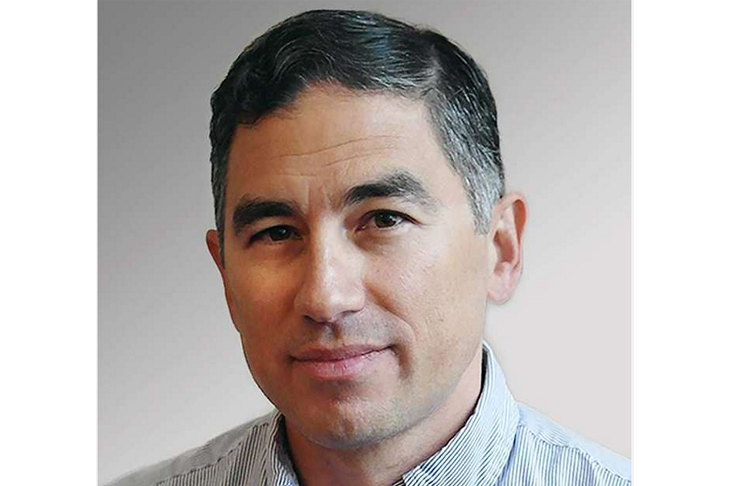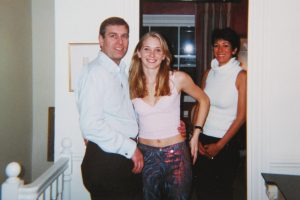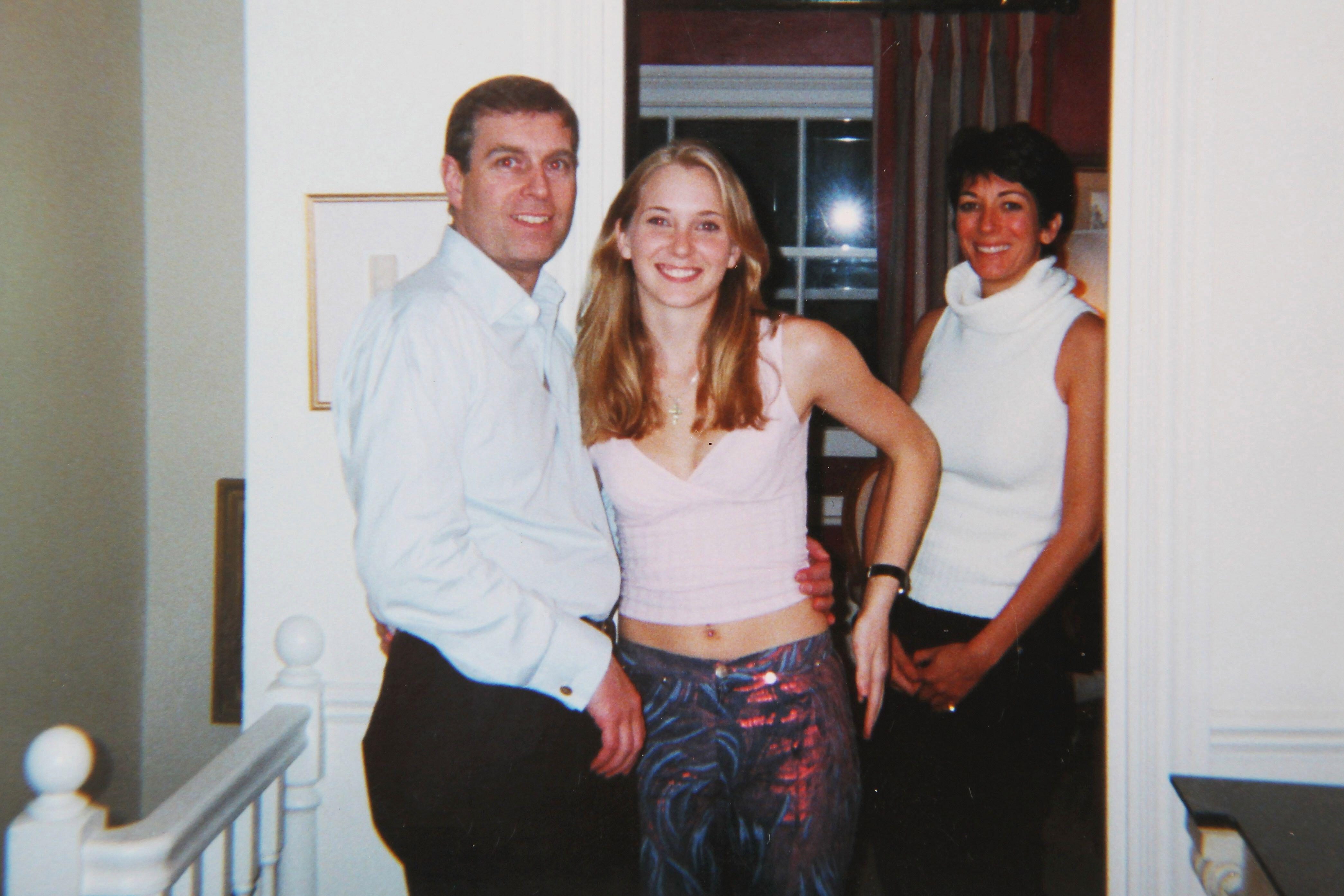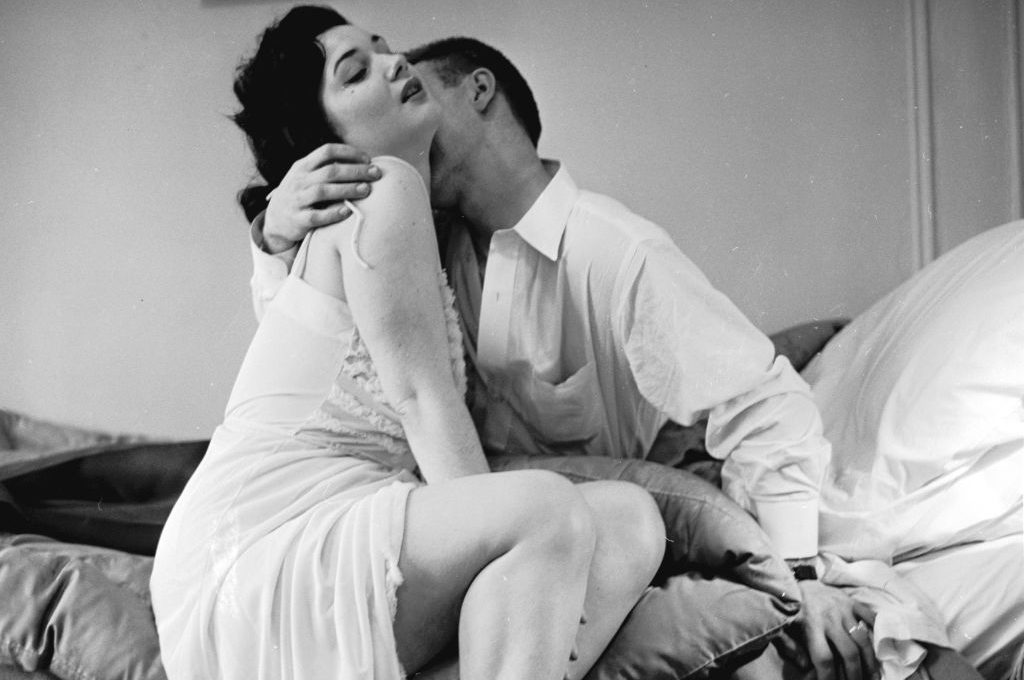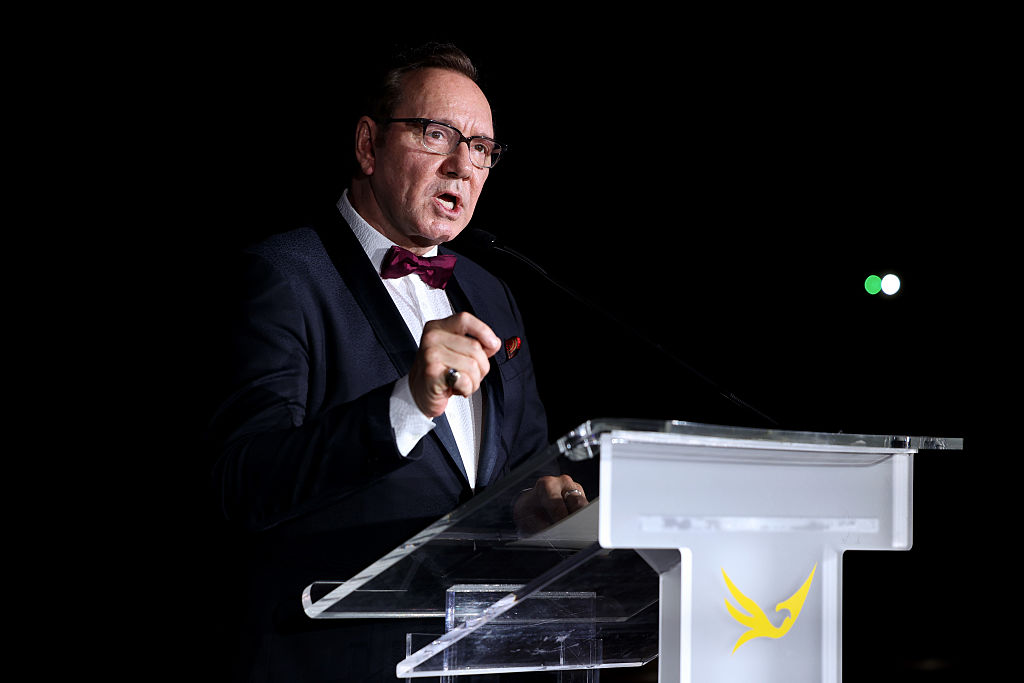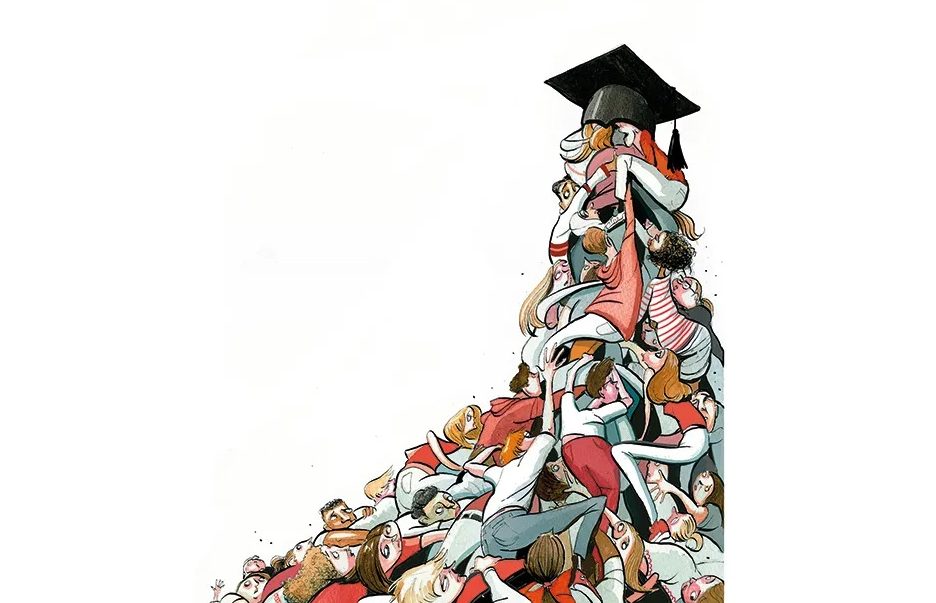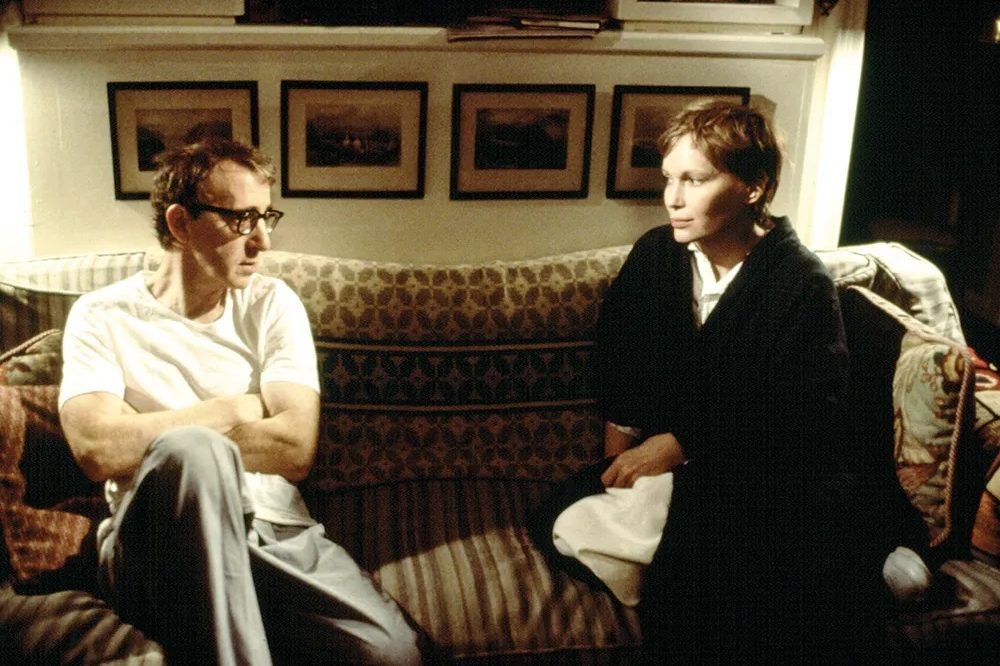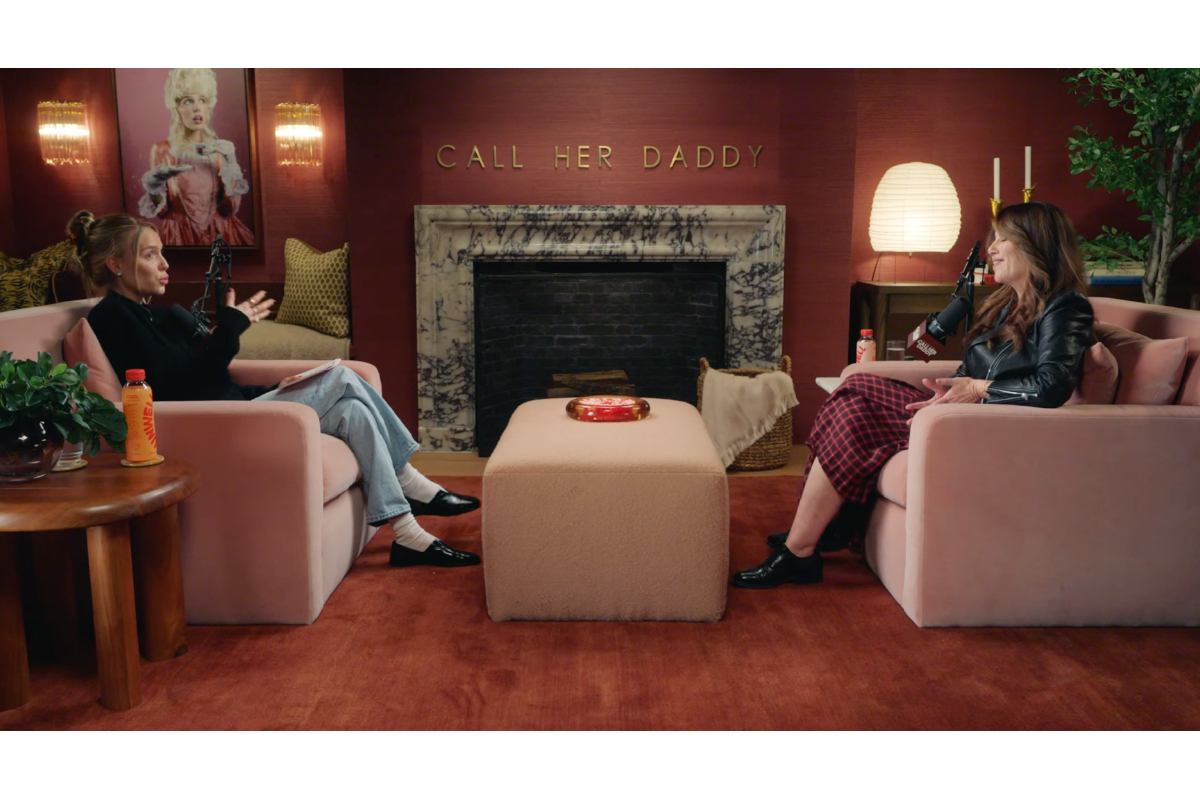Alec Klein has spent a lot of time on the telephone to people in jail. As a reporter, Klein investigated wrongful convictions and excessive sentences. He freed many unfairly incarcerated people. Then the tables turned.
Today, Klein is a social and professional pariah. For more than two years, he has been effectively confined to his home after being accused of sexual harassment while working as the director of the Medill Justice Project at Northwestern University. Is he yet another victim of injustice?
Klein took over the Medill Justice Project in 2011 after its founder, David Protess, was accused of fabricating evidence and manipulating a man into falsely confessing to a murder he didn’t commit. The Justice Project thrived under its new leader: in 2016, it convinced a judge to vacate the conviction of a daycare worker accused of shaking a baby to death. But in February 2018, 10 women signed a letter claiming Klein had acted inappropriately or bullied them. A month later, the women wrote a second letter claiming that 19 more women had come forward with stories of Klein’s ‘disturbing patterns’ of behavior.
The #MeToo movement was then at its height. Klein fit the archetype: celebrated in public and allegedly exploiting his position to abuse women behind the scenes. After a four-month investigation in which 21 of the 29 women made formal accusations against him, Klein voluntarily resigned from Northwestern in August 2018 after the investigation concluded he had violated the school’s harassment policy. The Medill Justice Project was rearranged into an investigative reporting lab this academic year.
Klein calls this reversal of fortune ‘one of the great ironies’. After working much of his life to save the falsely accused, he has, he claims, joined them. ‘What I’ve learned from all the years of investigating this is how easy it is, first of all, for anybody to be accused of almost anything,’ he tells me. ‘But beyond that, it’s actually shocking how easy it is for someone to be ensnared in some sort of false allegation, or to be convicted of it.’
Klein attempts to explain his side in his memoir, Aftermath. When he sent me a copy, I suspected it was because he had heard that I too had been ‘canceled’ once. I was attacked by a left-wing media watchdog, Media Matters for America, for offensive online jokes dating from high school. Klein later confirmed my suspicions. ‘You have a unique understanding,’ he tells me on the phone from Chicago. I suppose that, following my ordeal, I am probably more likely to give the accused the benefit of the doubt.
Klein has always maintained his innocence. His memoir describes the allegations and Northwestern’s investigation, but it is more broadly about the ruination of his life: his days spent drugged up on depression meds and alcohol, lying on the floor with his face in the rug, pondering suicide. And then, it’s about his redemption and how his faith in God saved him.
I had trouble believing Klein’s blanket denial of the accusations in the book. He was more convincing over the phone: he sounded clinical but also almost completely broken. Klein says he saw the notorious first letter ‘once’, when it was published. ‘I haven’t looked at it since because it’s so upsetting.’
As he tells it, in 2015 a former employee accused him of making sexual advances when she applied for a position in the Medill Justice Project, and later while she was employed there. Northwestern investigated the woman’s claims and could not substantiate them. Nevertheless, when the group of 10 women were drafting their letter against Klein two years later, his former employee’s allegations somehow became the top-line bullet points.
The other allegations in the letter seem less serious. They also seem to be sensationalized for media consumption. The letter interprets Klein telling a humorous dating story in class as ‘talking about his sex life’. What the letter calls ‘inappropriate touching’ was subsequently reported to Northwestern as checking the tag on a student’s T-shirt to see what size she needed. Not all of the allegations were inflated but some were enough to suggest alarming divergence between what the media were reporting about Klein and what the university was actually investigating.
Northwestern’s investigation was deeply flawed and possibly unjust. In a debased parody of legal process, there was no jury selection, no cross-examination of witnesses and a low standard for evidence and conviction.
It’s near-impossible to prove a negative claim. Klein says he gave hundreds of pages of documents to Northwestern to prove that something didn’t happen. These included a calendar showing he wasn’t in-state when an incident was alleged to have occurred, and emails of praise and admiration from his accusers, sent after they had left his classes but before they complained. Hundreds of glowing anonymous end-of-course evaluations from students were not allowed into the record because, Northwestern said, they were irrelevant as ‘character witnesses’. But how else are you supposed to defend yourself when it is your character that is in the dock?
Northwestern ultimately found, in June 2018, that Klein had violated the school’s sexual harassment policy but publicly declined to say how he had done so. Instead, the school apologized to students one month after it concluded its investigation and before Klein was able to appeal the decision. ‘Northwestern University apologizes to our current and former students and former employees for the experiences that they went through,’ the university said in July. ‘I was never sanctioned. I was never punished. I was never fired,’ Klein reminds me. His family, he says, went through ‘unspeakable anguish’ during the months-long process. ‘In the end, I voluntarily resigned. It was just too much. And I felt the process was deeply unfair.’
Maybe Klein did yell at students and say things such as ‘you’ll never be a journalist’ or tell them they were not ‘good-looking’ enough to be on television. Klein admits he was a ‘lousy boss’. ‘For any student who feels that somehow it was a bad experience, I am sorry,’ he says, ‘and I wish that… they knew that I’m sorry for it.’
Even if Klein was rightly convicted in the wrong process, it seems absurd to label him a ‘predator’, as if he were a Harvey Weinstein. An unwanted shoulder rub is a bit sleazy but it hardly places a man beyond redemption. Unfortunately for Klein, his comeuppance happened at the height of #MeToo’s sanctimony and the related trend of ‘cancel culture’. Nuance is not as gratifying as revenge.



